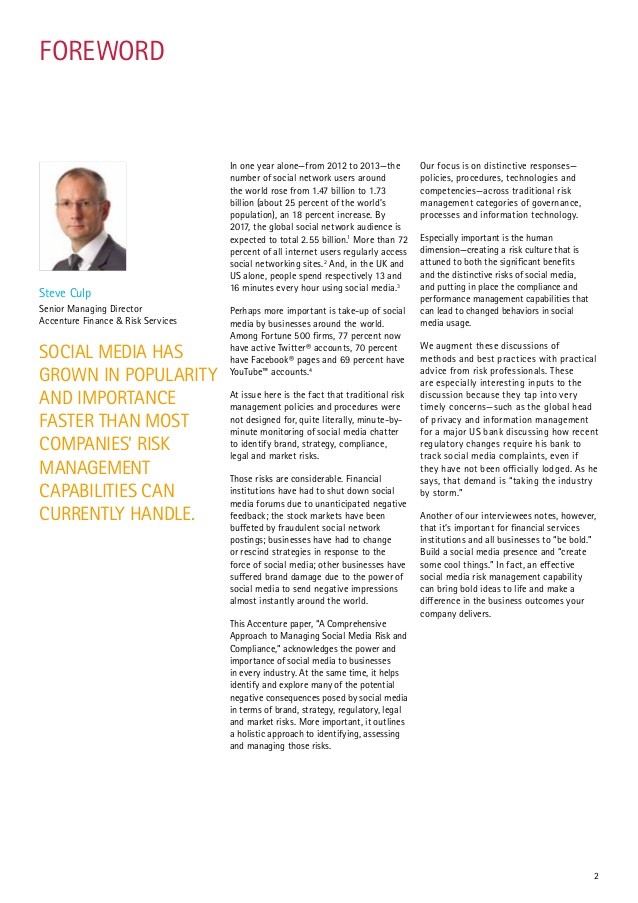Risk Management 6 Warning Signs a Company May Be Headed for Trouble
Post on: 30 Май, 2015 No Comment

6 Warning Signs a Company May Be Headed for Trouble
You can opt-out at any time.
Part of intelligent investing or asset allocation is managing risk exposure. In this article, you can learn to identify six warning signs in a potential investment that should raise red flags.
1. Dependence upon key suppliers
2. Dependence upon key customers
price-to-earnings ratio of four; an implied earnings yield of 25%. After delving into the 10K. however, it didnt take me long to see why the market was discounting the stock heavily. One key customer, the United States Postal Service, accounted for over fifty-percent (50%) of the net sales for each of the previous five years. Investors were clearly worried about the impact the loss of this key contract would have on the companys sales, profitability. and liquidity. It turns out the market was right. Several weeks later, management filed an 8K with the SEC announcing that it had, indeed, lost the contract. The lesson is a simple one: if a companys future is too closely linked to the success of a single key customer, and the company does not have control over that customer, the investor should consider this in his analysis.
3. Dependence upon a single, key product
What differentiates William Wrigley and Hershey Chocolate from the Hula-Hoop and the Pet Rock? Endurable franchise value. If a company derives a substantial portion of its sales from a product with little or no staying power, any capital you commit to the venture can scarcely be anything other than speculative. When the market evaporates, you dont want to be left holding the bag.
4. Management disposition
As I mentioned in Seven Questions that Can Help You Select Better Stocks. a simple, shareholder-friendly orientation can have a much bigger influence on your pocketbook than can a CEO with a 200+ I.Q. (If you have any doubt, consider Enron, Halliburton, and Long Term Capital. All were run by brilliant, respected men.) These questions can help you gauge managements orientation toward owners:
Do the executives have a significant portion of their net worth invested in the stock? If so, does the ownership come from options or from outright, honest-to-goodness cash purchases?

A management team that will profit in proportion to shareholders is more likely to follow an investor-friendly course of action. Warren Buffett has long made known his intention to keep ninety-nine (99%) of his net worth in Berkshire Hathaway stock. By assuring his investors that he will suffer or profit in proportion to them, he has established a culture of accountability. This stance is especially admirable considering that Buffett paid cash out of his own pocket for every share of Berkshire he owns.
Does management have a history of repurchasing stock when it appears undervalued?
Youve already learned that when the number of shares outstanding decreases, the remaining shares become more valuable. In fact, share repurchase have played a vital role in the performance of companies such as Coca-Cola and the Washington Post. In Coca-Colas 2003 10K statement, management disclosed that, Since the inception of our initial share repurchase program in 1984 through the current program as of December 31, 2003, we have purchased more than 1 billion shares of our Companys common stock. This represents 33 percent of the shares outstanding as of January 1, 1984 at an average price per share of $14.07.
Have dividends increased regularly for at least the past ten to twenty years?
For conservative investors. this is an important factor in selecting an investment as a dividend payout can establish a floor to a stock price. Continuing with our Coke example, the same 10K indicates that 2004 marked Cokes 42nd consecutive annual increase in the per-share dividend.














